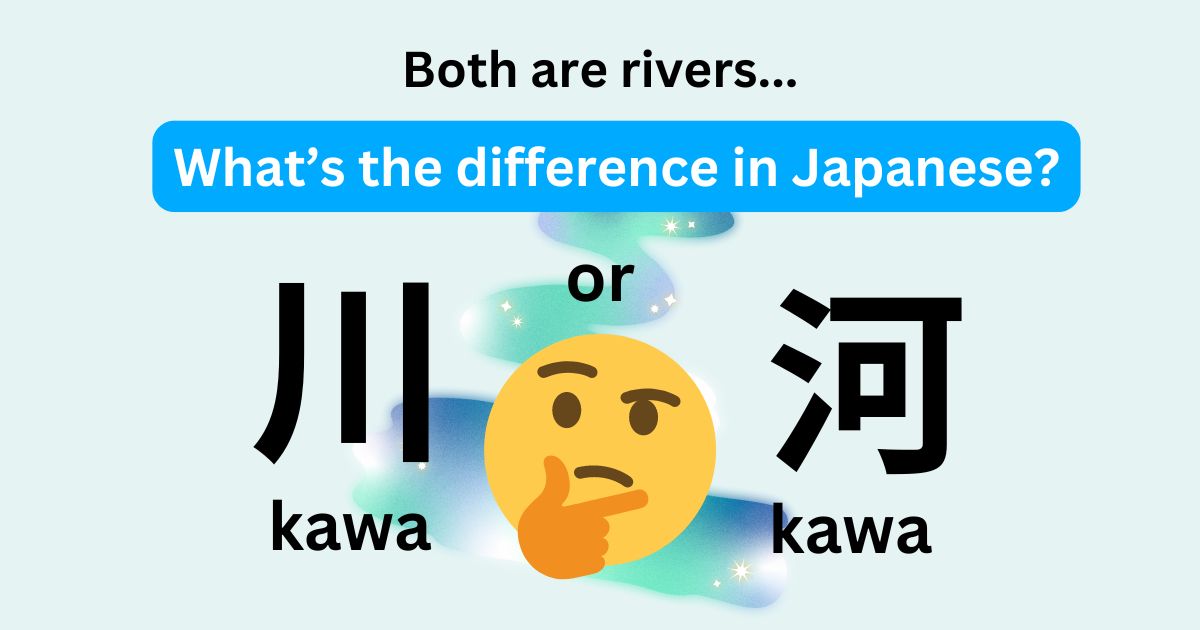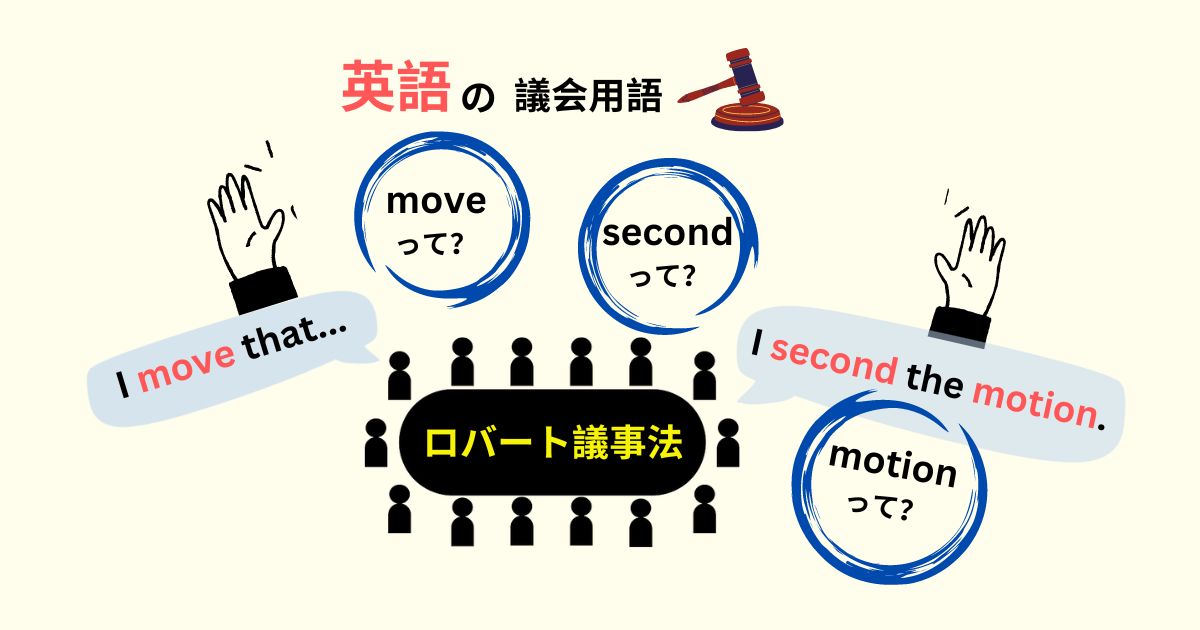My son has been learning 漢字 (Kanji).
He watched the movie “Spirited Away” (千(sen)と千尋(Chi-hiro)の神隠(kami-kaku)し) in Japanese many times.
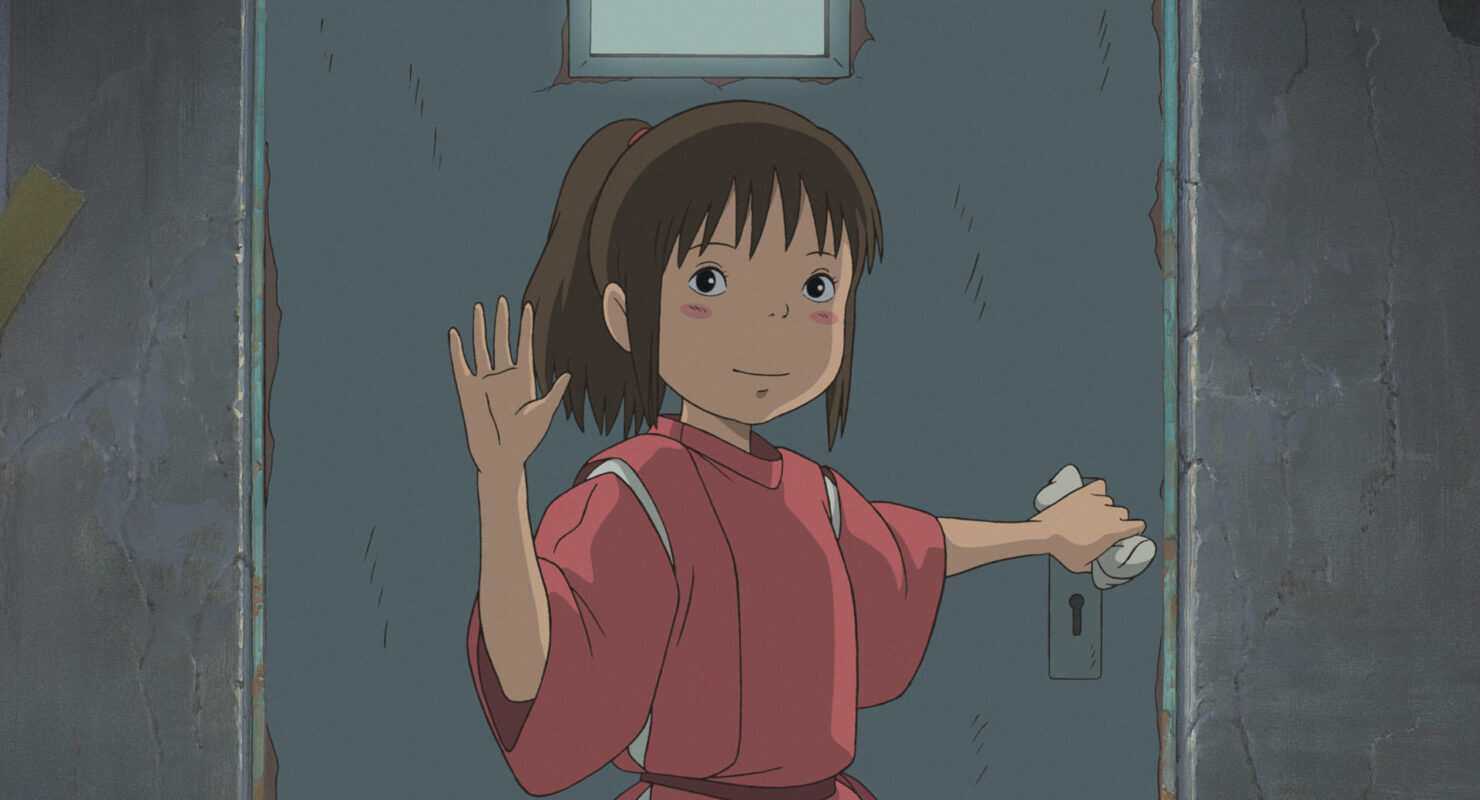
One day, he was looking up the characters’ names on a Japanese website.
The description of お腐れ様(o-kusa-re-sama)was given as “河(kawa)の神(kami)-“River God.”
Meanwhile,“琥珀川(Ko-haku-gawa )also appears.
He asked me,

Hi Mum,
Both the Kanji “川” and “河” (Kawa) mean river, right?

Yes

What’s the difference?

Well…
I learnt them when I was in elememtary school.
It means the same thing, but… we don’t use “河” by itself…
You know what?
I can’t explain that properly…😅
Let’s found out!
The meaning of “河” and ”川” (kawa)
In Japanese elementary schools, students learn the kanji 川 in the first grade and the Kanji 河 in the fifth grade.
I looked up the meaning in a Kanji Dictionary.
The meaning of 河
🔸The name of a river in China.
🔸The Yellow River.
🔸A river.
🔸A big river.
🔸The Milky Way.reference : Kanji dictionary
The meaning of 川
🔸River.
🔸A landform with flowing water.reference : Kanji dictionary
What’ s the difference?
According to “Encyclopedia Nipponica”, “河” was originally a proper noun for the Yellow River in China, but later became a common noun.
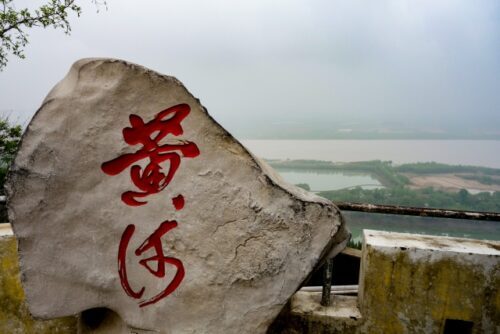
“川” is a pictograph that represents the state of flowing water.
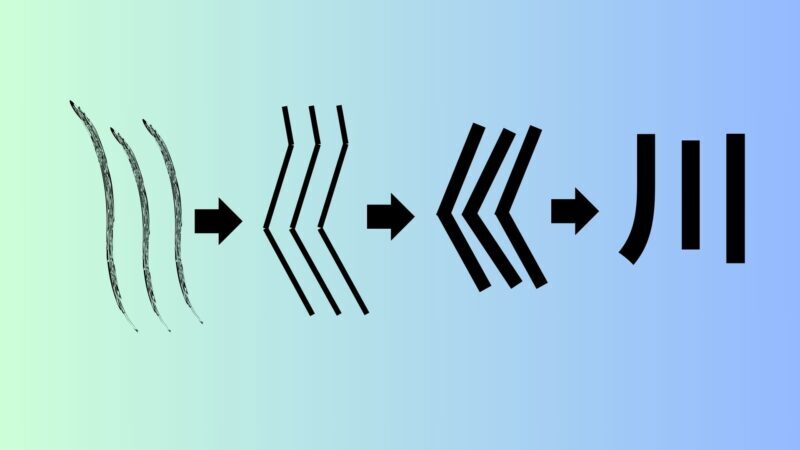
There is no strict distinction between 河 and 川.
“河“ and ”川“ for Japanese
In Japan, the Kanji character for “河” is almost always used only in compound words, such as “大河(tai-ga)” – big river or “河口(ka-kou) – river mouth”.
When “河“ is used alone, it is apparently used for special literary effects, such as “深(fuka)い河“ – deep river.
On the other hand, the writing of river names in Japan seems to have been standardised to “川” regardless of the size.
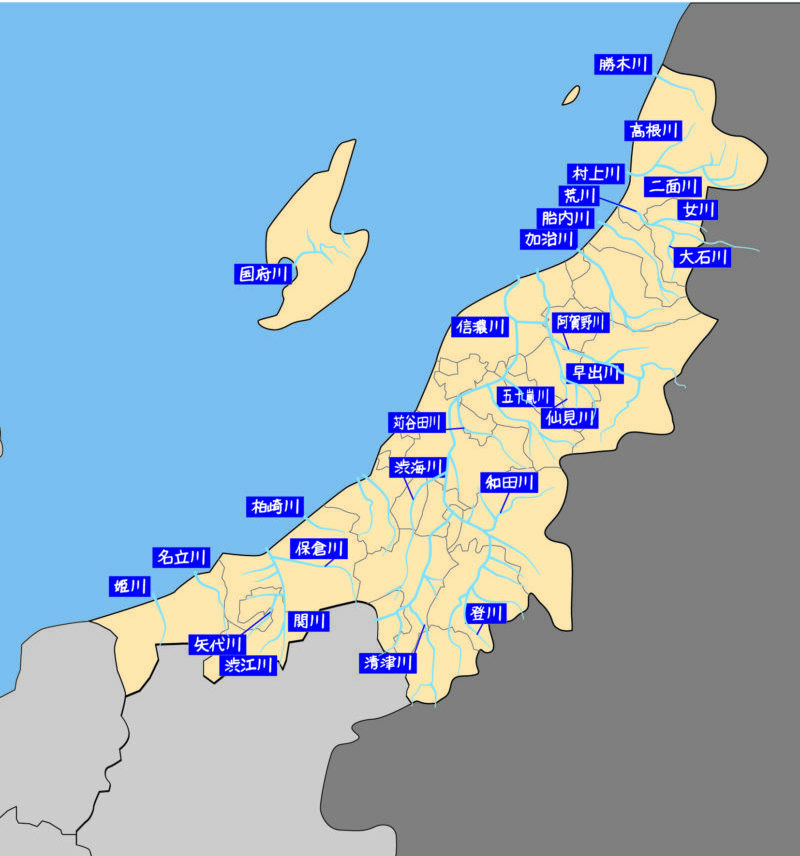
China, the home of Kanji, has vast rivers. The scale is quite different from Japanese rivers.
Like the Yellow River(黄河kouga by Japanese) ,
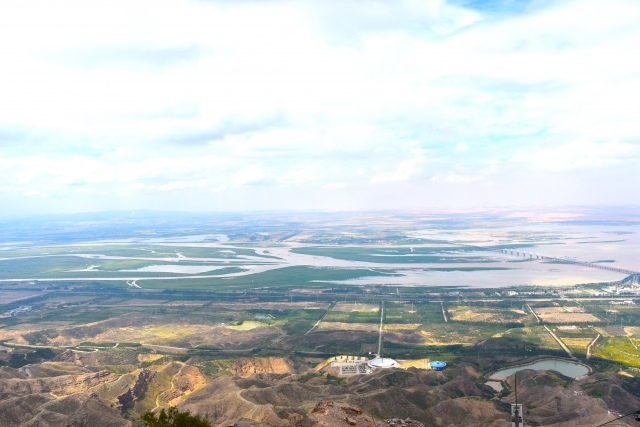
and the Yangtze River(長江chōkou by Japanese),
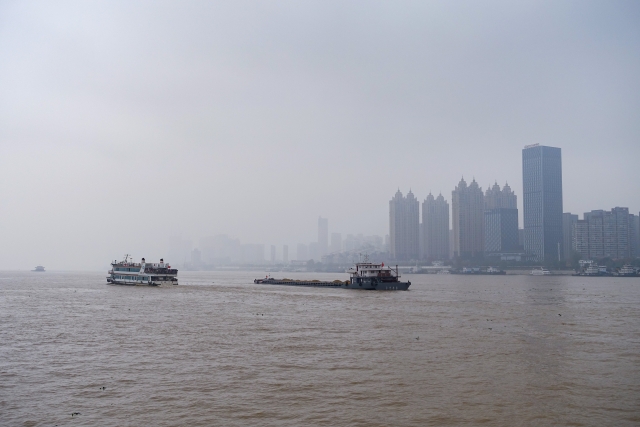
it far exceeds the concept of a “river.”
Usually, 江 is bigger than 河 in China.
So, It is easy to understand why they created separate characters for “河” and “江” in addition to “川” in China.
There were no such extraordinary rivers on the Japanese island.
That’s why Japanese people could call all rivers, big and small, “kawa” and relate to them equally.
And when writing about rivers, they could also use the single character “川” (river).
How about “河の神“ from the movie of “Spirited Away”?
So, back to my son’s question!
First, let’s look back at the scene from the movie.
The scene where “腐くされ神(kusa-re-gami)“ appears
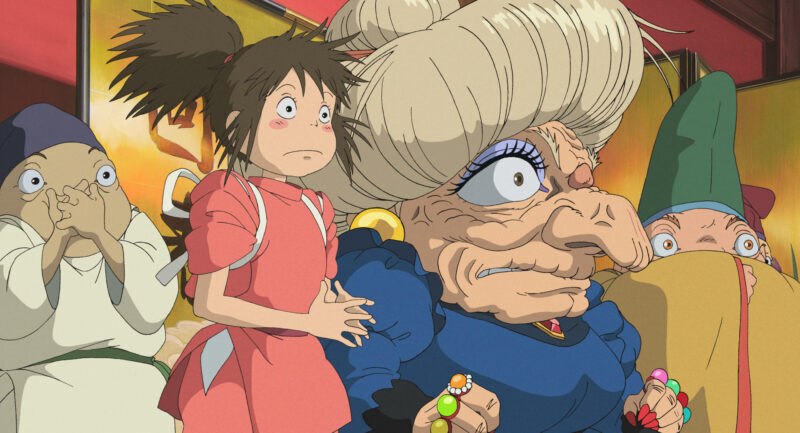

ぅう~ん…おかしいね。
(Something’s fishy.)
腐れ神 (kusa-re-gami)なんかの 気配(ke-hai)じゃなかったんだが……
(Didn’t seem like a Stink God, to me…)
来(ki)ちまったものは 仕方(shi-kata)がない。お迎(muka)えしな!
(Well, now that it’s here, better go greet it!)
こうなったら 出来(de-ki)るだけはやく引き取って(hi-ki-to-tte)もらうしかないよ!
(Just try to get rid of it, as fast as you can.)
….
….
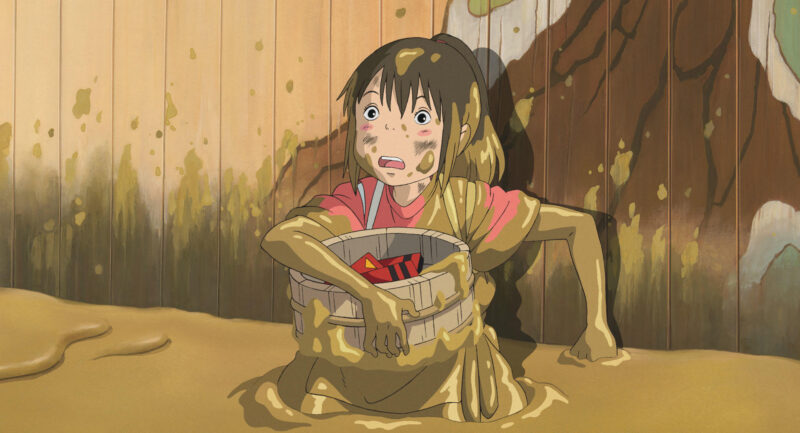
…

ここに,トゲみたいのが刺(sa)さってるの!
He’s got a thorn stuck in him.
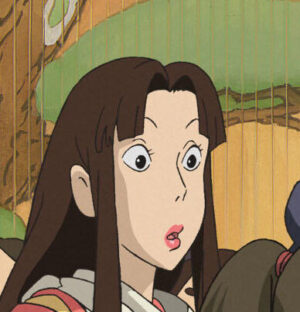
トゲーー??
A thorn!?

トゲ?トゲ,だって?……ううーん……
Thorn!? She said thorn!
千(sen)とリン、そのお方(kata)は”お腐れ神(kusa-re-gami)ではないぞ!
Sen and Lin! That’s no Stink God in there!
…
…
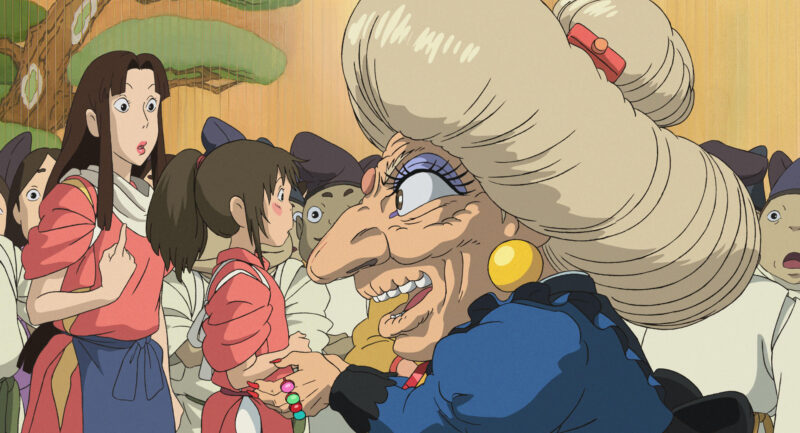

セーン!よくやったね、大(ō)もうけだよ!
Sen! You did great! You made us a bundle.
ありゃ〜名(na)のある河(kawa)の主(nushi)だよ~。
That River God’s famous.
☝️*The “河の神“ that my son wondered about is also an example of the literary intent.
The kanji character “河kawa” was used to represent the great River God who encompassed all rivers in this movie.
Scenes in which 琥珀川 (Kohakugawa)’s name appears
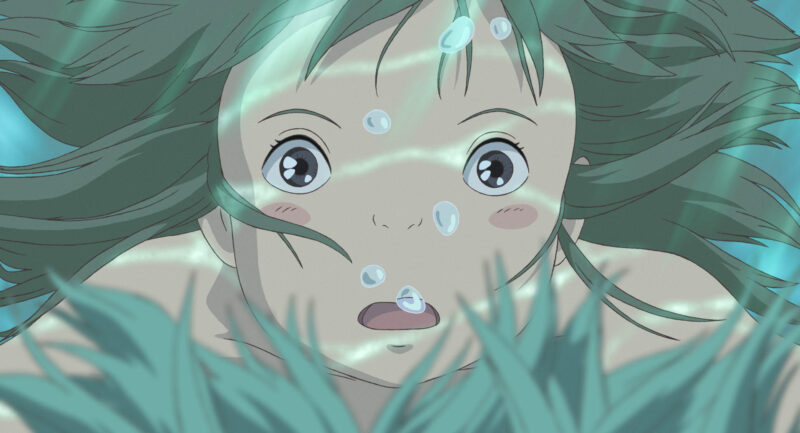

ハク、聞(ki)いて。お母(kā)さんから聞(ki)いたんで自分(ji-bun)では覚(obo)えてなかったんだけど、私(watashi)、小(chii)さいとき、川(kawa)に落(o)ちたことがあるの。
Haku, listen. I don’t remember it, but my mom told me…Once, when I was little, I fell into a river.
その川(kawa)はもうマンションになって、埋(u)められちゃったんだって。
She said they’d drained it and built things on top.
でも、今(ima)思(omo)い出(da)したの。
But I’ve just remembered.
その川(kawa)の名(na)は……その川(kawa)はね、琥珀川(kohakugawa)。
The river was called…Its name was the Kohaku river.
あなたの本当(hontou)の名(na)は、琥珀川(kohakugawa)……
Your real name is Kohaku river.
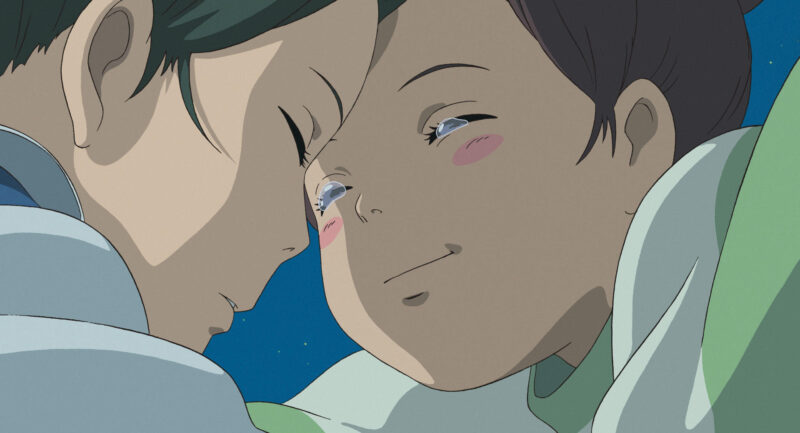

千尋(Chihiro)、ありがとう。私(watashi)の本当(hontou)の名(na)は、ニギハヤミ コハクヌシだ。
Chihiro, thank you, my real name is Nigihayami Kohaku Nushi.
☝️On the other hand, “琥珀川” (Kohakugawa) is used as the name of a river in Japan, so the kanji for “川” is used.
Summary
In Japanese,
🔸河 : a big river
It is almost always used only in compound words, such as “大河(tai-ga)” – big river or “河口(ka-kou) – river mouth”.
When “河“ is used alone, it is apparently used for special literary effects, such as “深(fuka)い河“ – deep river.
🔸川:general word for ‘river’
The writing of river names in Japan seems to have been standardised to “川” regardless of the size.
